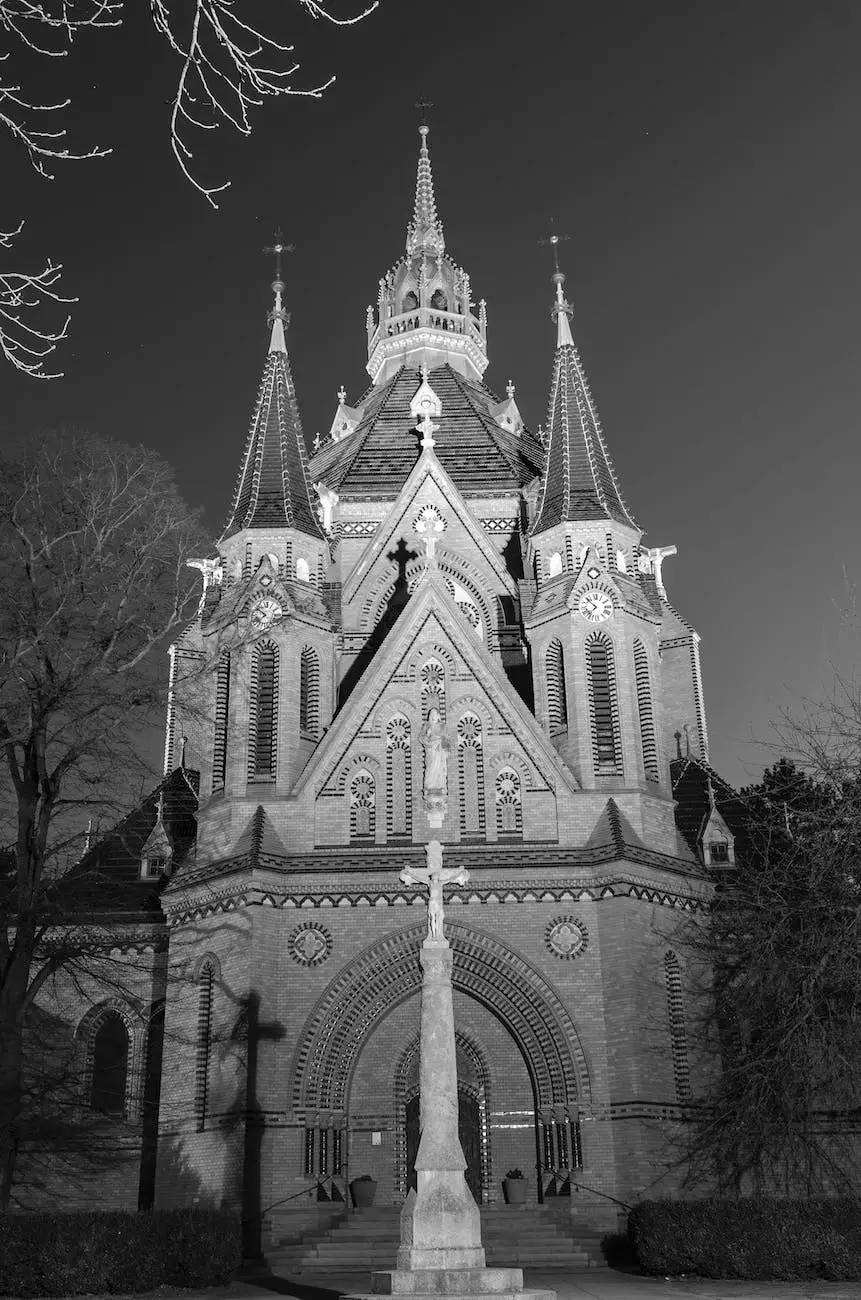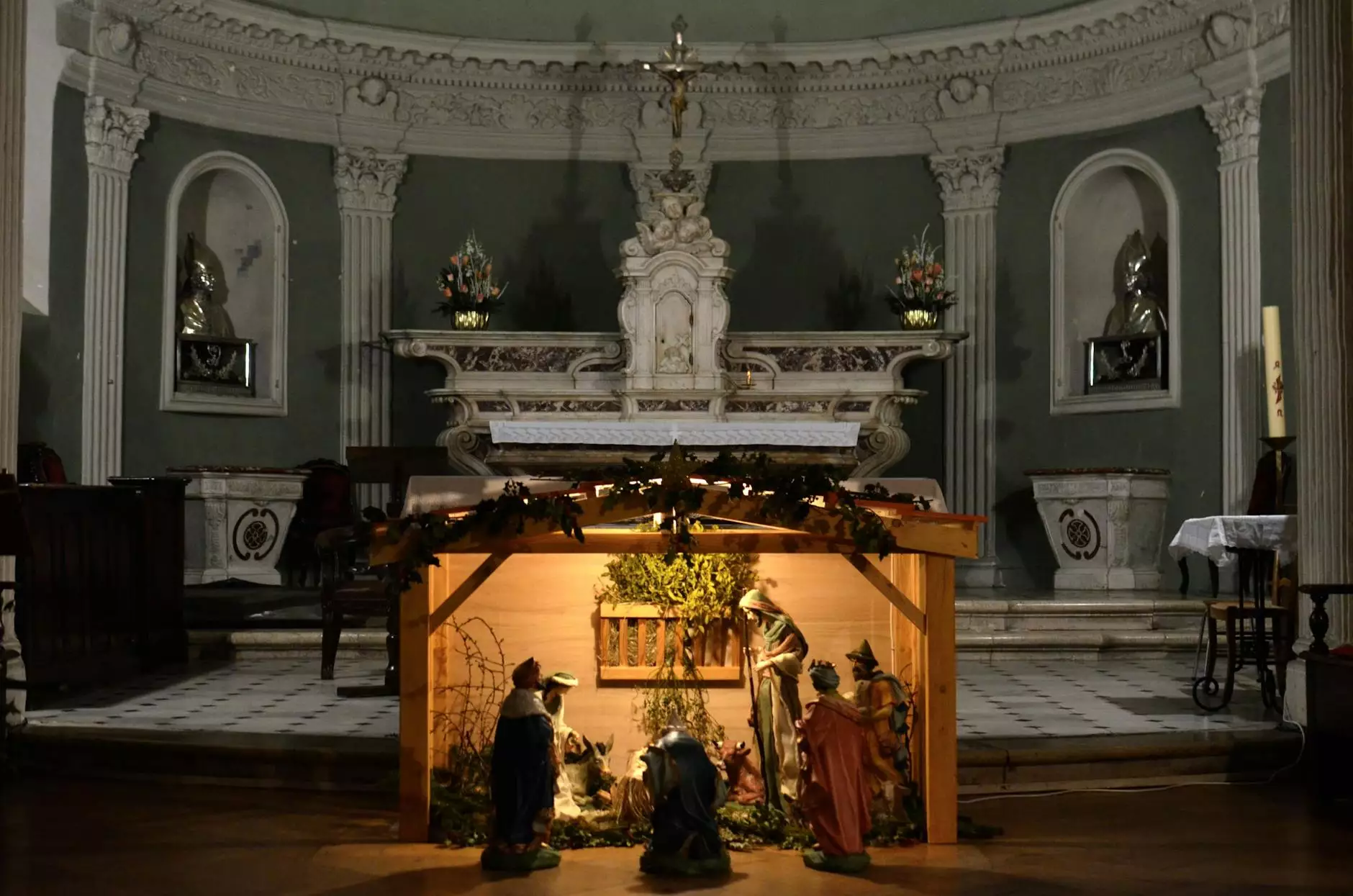Martin Luther: An Overview Of His Life
Adult Ministry
Introduction
Welcome to the informative page dedicated to Martin Luther, a prominent figure in history whose influence has shaped the course of Christianity. In this article, you will discover the fascinating details and impactful moments of Martin Luther's life, his contributions to the Reformation, and his lasting legacy.
Early Life and Education
Martin Luther, born on November 10, 1483, in Eisleben, Germany, was the son of Hans and Margarethe Luther. He grew up in a devout Catholic family and received a quality education. Luther's parents had great aspirations for him, hoping he would become a lawyer.
At the age of 17, Luther pursued a Bachelor of Arts degree at the University of Erfurt. However, his life took a transformative turn when he experienced a near-death event during a severe thunderstorm. Fearing for his life, Luther cried out to St. Anne, promising to become a monk if he survived. True to his word, he joined the Augustinian Order.
Monastic Life and Spiritual Struggles
Luther's time in the monastery was characterized by intense spiritual seeking and self-reflection. Despite his sincere dedication, he struggled with feelings of guilt, unworthiness, and an overwhelming awareness of his own sinfulness.
His spiritual turmoil heightened during a pilgrimage to Rome in 1510. Witnessing the corruption and indulgences within the Catholic Church, Luther became disillusioned and questioned the fairness of the religious system. These experiences sowed the seeds of doubt and sparked his journey towards reforming the church.
The Ninety-Five Theses
In 1517, Luther's critique of the Church's indulgence practices culminated in the publication of his famous "Ninety-Five Theses." Written in Latin, these theses listed Luther's objections to the sale of indulgences and sparked a widespread debate.
Luther's courageous act of challenging the authority of the Catholic Church caught the attention of intellectuals and sparked a movement that would later be known as the Reformation. His writings were translated into German, reaching a wider audience and igniting discussions about the nature of faith, salvation, and the role of the Church.
Excommunication and Translations
The Catholic Church, threatened by Luther's growing influence, excommunicated him in 1521. However, Luther continued to translate the Bible into the vernacular, making it accessible to the common people.
His most notable translation, the Luther Bible, played a pivotal role in standardizing the German language and enabling individuals to read and interpret the Bible for themselves. This emphasis on individual understanding of scripture challenged the authority of the Church, empowering individuals in their relationship with God.
Luther's Legacy and Impact
Martin Luther's legacy is marked by his unwavering commitment to challenging the established norms. His theological teachings led to a reformation of not only religious practices but also social and political structures.
Luther's emphasis on salvation by faith alone, grace, and the priesthood of all believers laid the foundation for Protestantism and influenced the emergence of various denominations. His ideas also contributed to the development of modern democracy, individual freedoms, and the separation of church and state.
Conclusion
In conclusion, Martin Luther was a trailblazer whose actions and theological insights shook the foundations of the Catholic Church. His bravery in the face of excommunication and reform efforts fostered a movement that transformed Christianity and affected society at large.
We hope this comprehensive overview has provided you with a deeper understanding of Martin Luther's life, accomplishments, and enduring impact on the Reformation. His teachings continue to inspire millions around the world today.




